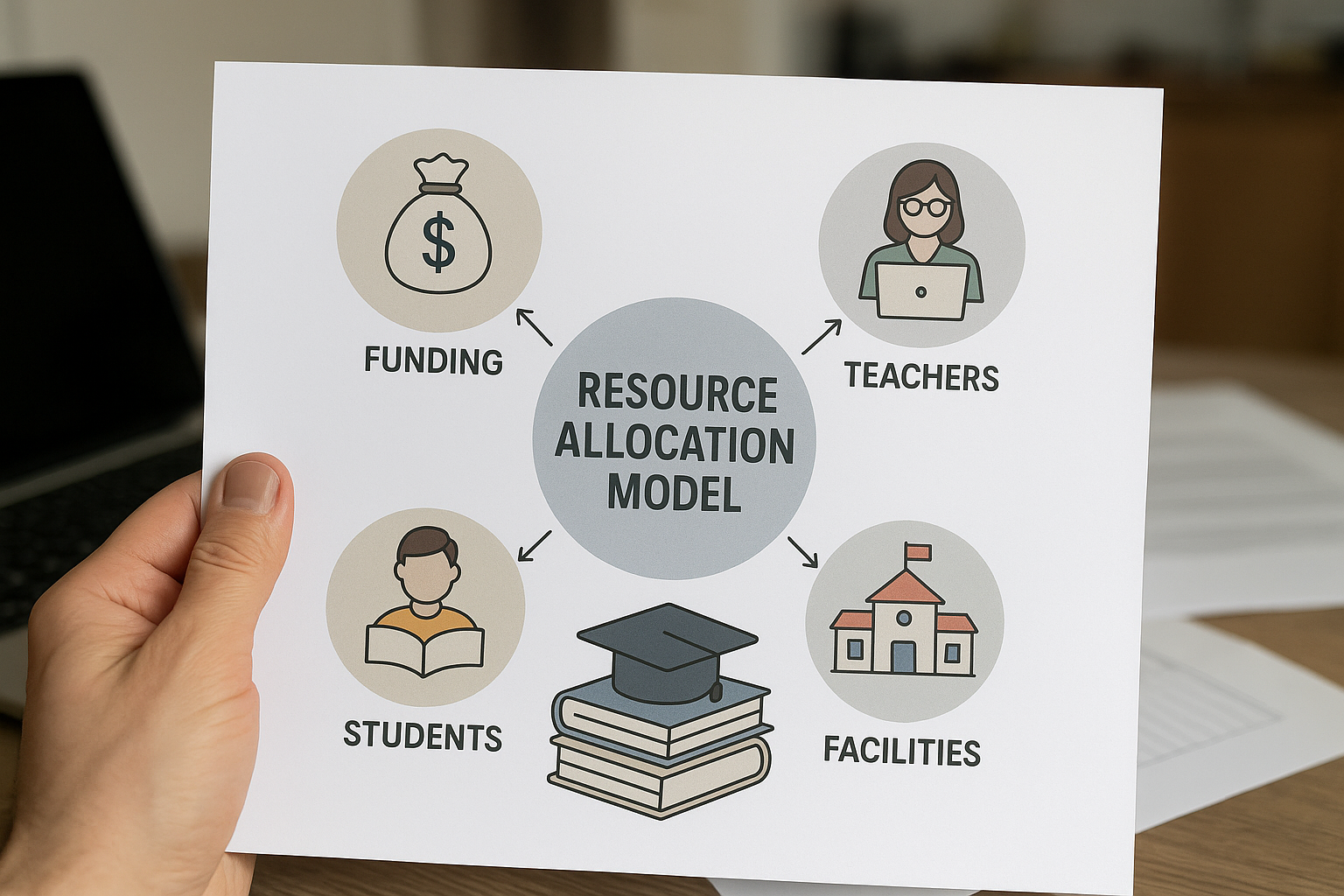Context and Problem
In Pakistan, over 68% of the population is above the age of 30. The youth population can either boost economic growth or worsen the social fabric of society. If jobs and an entrepreneurial environment are enabled, the country can flourish. If not, extremism and crime rates can upsurge. The Pakistani youth faces high unemployment rates, financial exclusion, limited access to capital, and educational inequality, leading to skill gaps in high-demand sectors, to name a few. Moreover, the country has historically not invested much in youth-focused initiatives. There is an absence of institutional frameworks to integrate youth into policymaking and governance. The Kamyab Jawan Program, initiated and led by Former Prime Minister Imran Khan, was introduced to focus on youth empowerment through entrepreneurship, skills development, and civic engagement.
Through this program, several problems are tackled. First, limited access to financing. It is very difficult for individuals to get funding if they have negative credit histories and if they do not have collateral. Second, intervention in skill development gaps is needed to combat outdated training facilities and insufficient capacity to produce skilled labor. Third, civic and economic engagement, as there are limited platforms for innovative idea incubation and entrepreneurial ecosystem development.
Solution
Through the Youth Entrepreneurship Scheme (YES), youth can afford affordable financing with minimal collateral and low-profit rates. There are three tiers. The first one allows for PKR 100,000-1M loans at 10% equity, the second Is PKR 1M-10M at 20% equity, and the third is PKR 10M-25M at 20% equity as well. In this program, 25% quota was reserved for female entrepreneurs. This program disbursed loans through 21 partner banks via the Kamyab Jawan Portal.
Second, the Hunarmand Pakistan program for Skills Scholarships was established. It had a budget of PKR 10 billion to modernize the skills training sector and aims to train 170,000 youth in employable skills across 720 institutions. Moreover, it aimed to establish 00 High-Tech Skill Centers, including smart labs and incubation hubs. Courses in topics such as AI, Cybersecurity, and Robotics were also offered, and a CPEC-specific job portal for trained workforce integration was created.
This program also established the National Youth Council for Youth Representation and Engagement to provide a platform for youth to contribute to policymaking. Furthermore, sports academies and Youth Olympics were established to promote civic engagement.
Impact
Over PKR 8.5 was disbursed to establish over 10,000 businesses in key sectors such as agriculture, manufacturing, and services. There were early success stories, such as female entrepreneurs scaling dairy businesses and trans-entrepreneurs entering the fashion industry. Additionally, there was a boost in domestic production and exports, and a significant contribution to the IT sector, with software exports expected to reach $2 billion.












